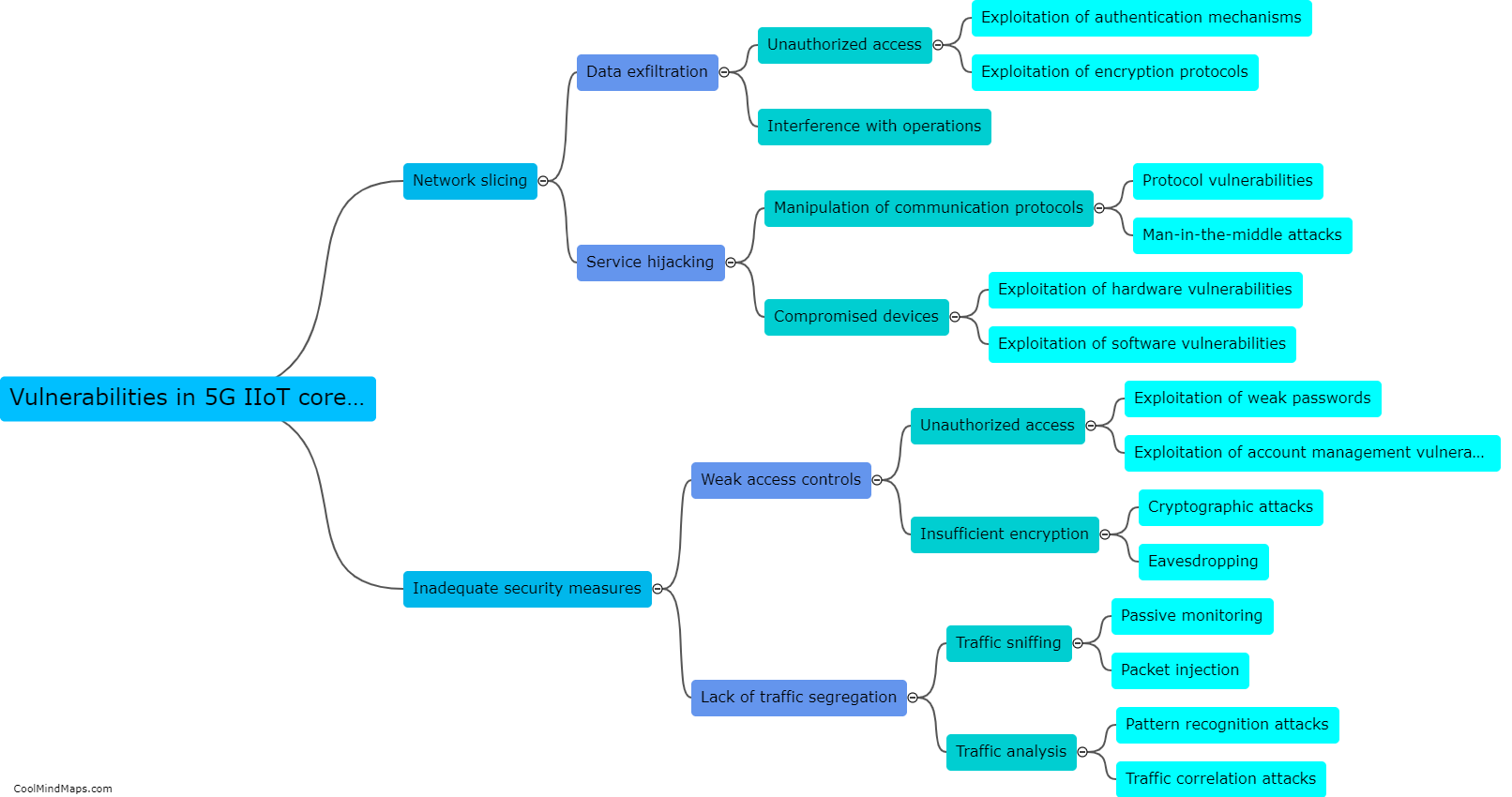What is a reverse repo?
A reverse repo, short for reverse repurchase agreement, is a financial transaction in which a financial institution sells securities to another party with a commitment to repurchase them at a later date, usually at a higher price. Essentially, it is the inverse of a repurchase agreement, where the initial party acts as the borrower and the counterparty acts as the lender. Reverse repos are commonly used by central banks as a monetary policy tool to control the money supply in the economy. They are also used by financial institutions to manage their short-term liquidity needs.

This mind map was published on 11 June 2024 and has been viewed 36 times.











